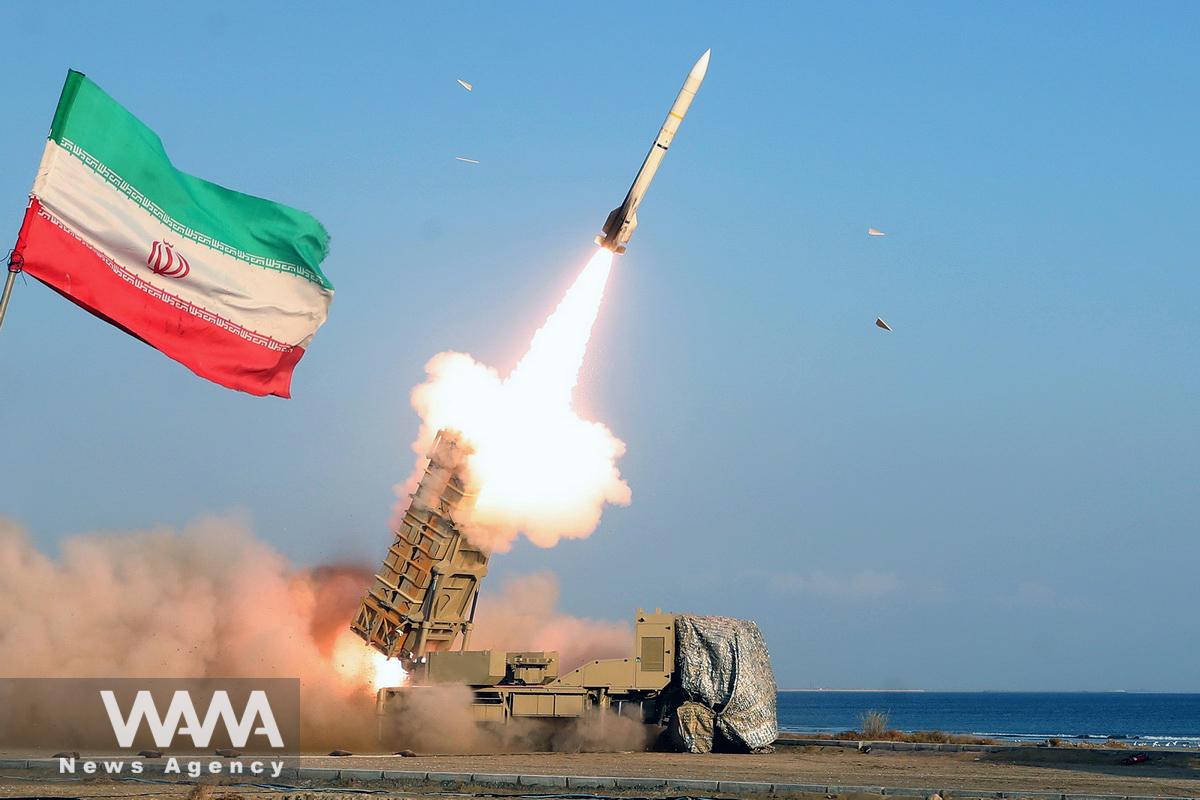True Promise 3: Redefining Regional Dynamics or Empowering Enemies?
WANA (Dec 16) – The fall of Bashar al-Assad’s government and the domination of terrorist groups over Syria marks a dangerous turning point for the Axis of Resistance. For years, Syria served as a key link in this axis, and the Islamic Republic of Iran’s support for the legitimate government of Bashar al-Assad, alongside Hezbollah, was a major deterrent against Israeli aggression.
Now, with Syria’s loss, the Axis of Resistance has entered a critical and challenging phase. Under these circumstances, any hesitation in implementing Operation True Promise 3 could result in losing key opportunities to redefine Iran’s regional authority.

The Fall of Syria and the Future of the Resistance Axis
WANA (Dec 08) – The leadership of Bashar al-Assad in Syria has been both a challenge and an opportunity for the Islamic Republic of Iran and for Assad himself. However, the victory of armed extremist groups could ignite unrest across the region and even Europe. This marks only the beginning of the Resistance Axis’ […]
The Israeli regime and its allies are exploiting Syria’s downfall to pressure the Resistance. According to Israeli military officers, for the first time, Syria’s airspace is fully accessible to their forces.
This development not only provides a freer operational scope for Israeli aggression but has also disrupted a vital link in the chain of Resistance. Syria played a crucial role as a corridor for transferring weapons and forces to Lebanon, and its loss imposes additional pressure on Iran and its allies.
But can Iran remain at the center of regional equations despite this threat? The answer to this question depends on the Islamic Republic’s response to the recent Israeli aggressions. If Iran hesitates or delays its response, the enemies of the Resistance will likely perceive this as a fundamental weakening of Iran’s regional power.

Al-Joulani, the Terrorist Leader, Turns into the Zelensky of Deprived Regions
WANA (Dec 08) – “The Zelensky of deprived regions!” This is perhaps the most striking description for the rebranding of Abu Mohammad al-Joulani. A decade ago, Joulani donned camouflage, wore a turban, sported a long beard with sharply trimmed mustaches, embodying the archetypal figure of Sunni jihadist Islamist leaders—from Bin Laden and Al-Qaeda to the […]
The Israeli regime, through a miscalculation, views the fall of Syria as the defeat of the Axis of Resistance. This misplaced optimism was evident in the remarks of Israeli Prime Minister Benjamin Netanyahu following the collapse of Bashar al-Assad’s government. During a visit to a military base near the Syrian border, Netanyahu proudly declared, “This is a memorable day in the history of the Middle East.”
While this perception may seem appealing to them, it could ultimately lead to their undoing. Iran still possesses numerous tools to respond to these aggressions and shift the balance of power. Operation True Promise 3 is not merely a reactive measure but a strategic opportunity to regain the initiative for the Axis of Resistance.

Israel’s Strategy Toward Iran After Bashar al-Assad’s Fall
WANA (Dec 11) – Following the fall of Damascus and Bashar al-Assad’s departure from Syria, we once again see Israeli Prime Minister Netanyahu’s smirks and grins in front of the cameras. The occupation of Syrian territory amid the chaos in Damascus and the destruction of Syria’s infrastructure isn’t the only thing that excites Tel […]
The enemies of the Islamic Republic must understand that, although the fall of Bashar al-Assad’s government dealt a blow to the Axis of Resistance, this alliance is not dependent on individuals. Iran’s Supreme Leader stated: “The Resistance front is like this: the more pressure you apply, the stronger it becomes. The more crimes you commit, the more determined it becomes. The more you fight it, the more it expands.”
For this reason, Iran can leverage its other capacities to manage the fallout from Syria’s collapse and even turn the Zionist regime’s aggressions into an opportunity for deterrence. However, achieving this requires decisive and timely action without hesitation.
Delaying the implementation of Operation True Promise 3 carries even greater risks. Iran’s hesitation would not only weaken the Resistance but also embolden its enemies to carry out more direct aggressions against Iranian soil.

Iran’s Supreme Leader: No Doubt, Syria’s Events Are a Joint U.S.-Zionist Plot
WANA (Dec 11) – During a meeting today with people from different walks of life, Ayatollah Khamenei, Iran’s Supreme Leader delivered a speech on Syria and recent regional developments, emphasizing “There should be no doubt that what has happened in Syria is the result of a joint American and Zionist plan. We have evidence for […]
The Israeli regime, exploiting regional vulnerabilities, is working to solidify its position and marginalize the Resistance. If Iran fails to deliver a decisive and proportionate response at this critical juncture, it will signal to its enemies that Iran has either lost the ability to respond or is unwilling to defend its red lines.
Today, the Islamic Republic must take firm action to quash this miscalculation at its root and demonstrate that, even under current challenging conditions, it retains the capability to manage crises and reclaim the initiative.

Syria Surrenders: Collapses in 11 Days, Obliterated in 3
WANA (Dec 14) – Syria’s soil fell under the occupation of terrorists and the Israeli apartheid regime within 11 days of the Syrian army’s surrender. Its military infrastructure was destroyed in just 3 days, proving once again that if you lay down your weapons, your enemy won’t do the same. Syria became a lesson. […]
Decisive and timely action can respond to recent aggressions and send a clear message to regional and extra-regional adversaries: Iran remains the leading power in the region, and no threat or aggression can challenge this position.
The fall of Bashar al-Assad’s government is a serious test for the Axis of Resistance and the Islamic Republic of Iran. By firmly implementing Operation True Promise 3, the Islamic Republic can demonstrate that even under the most difficult circumstances, it can redefine regional dynamics and manage crises. Any further delay will only benefit the enemies and impose heavy costs on the country’s security.
Iran’s Supreme leader’s reaction to Israeli aggression on Iran:
“The malevolence of the Israeli regime two nights ago should neither be exaggerated nor downplayed. Their miscalculations must be disrupted. We must make them understand the power, will, and initiative of the… pic.twitter.com/mTHgBK303a
— WANA News Agency (@WANAIran) October 27, 2024












